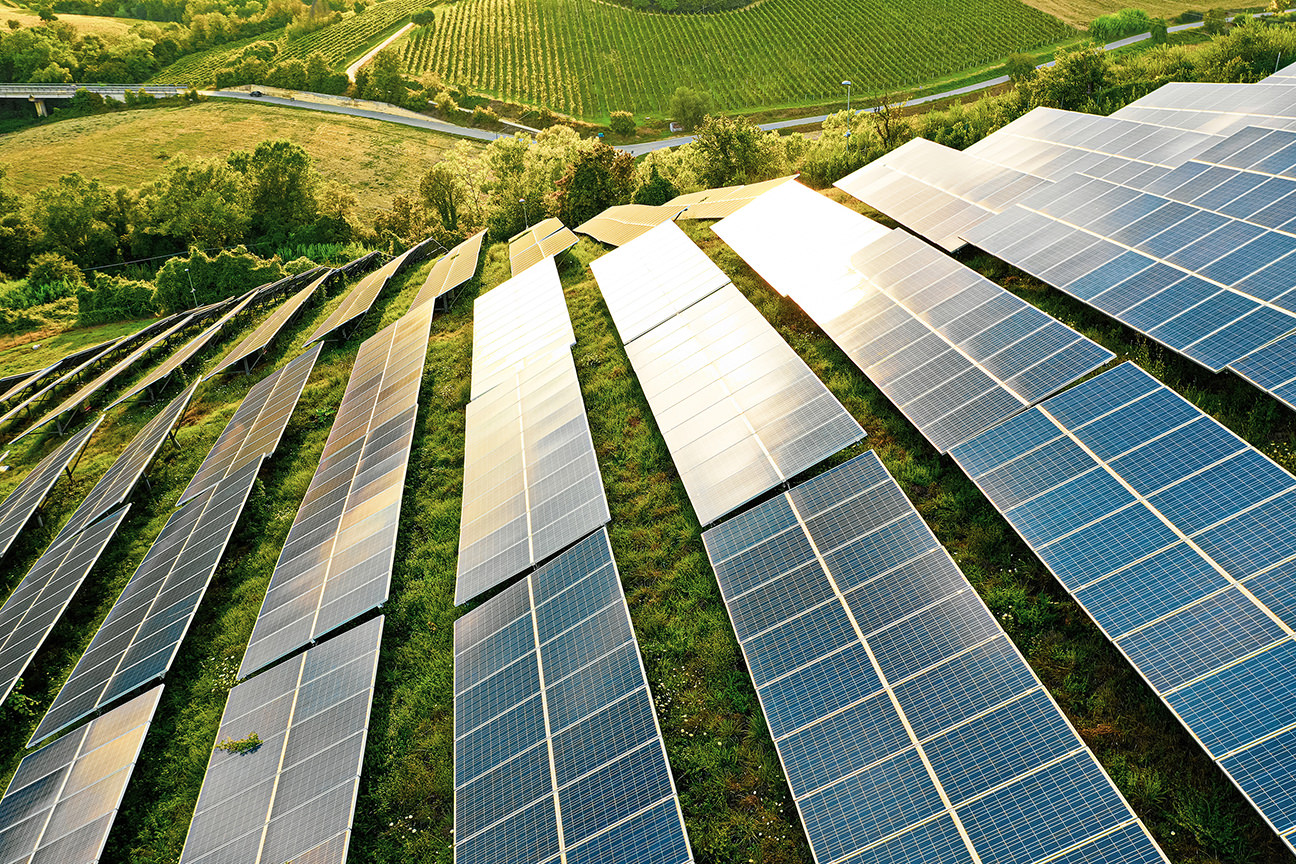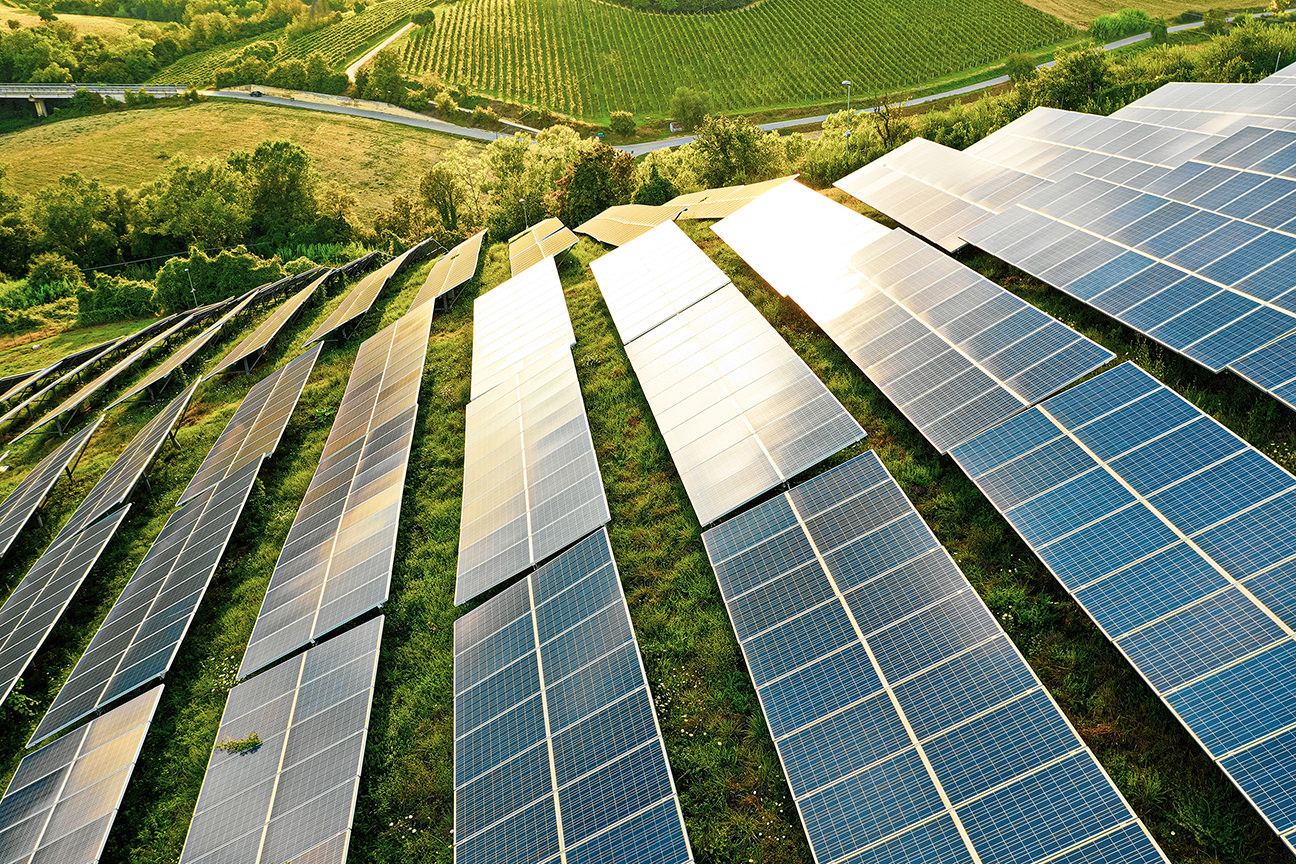Climate change has slipped from view as an issue in recent months. For most of 2020, governments, first responders, businesses, and society have been consumed with the scourge of COVID-19. That is of course appropriate. At the same time, however, we continue to face the threat of climate change – the effects of which will impact us all long after we’ve dealt with this current crisis.
Worldwide responses to COVID-19 have shown us what is possible when there is a common will and the means to achieve a goal.
We’ve seen numerous acts of heroism from first responders, innovative repurposing as businesses moved swiftly to produce urgently needed equipment, and construction feats by governments to erect hospitals in mere days or weeks. Tragically, we’ve also seen the human cost that can stem from a lack of coordinated, cohesive global response.

Just as we knew the emergence of a fast-spreading virus was not just possible but likely, we know the impacts of climate change are already being felt around the globe. We also know that the full effects will depend on the actions we take now and in the future.
In a recent GatesNote published in collaboration with the World Economic Forum, Bill Gates outlined three lessons from COVID-19 that will help tackle climate change: innovation and science need to be central to the climate solution; solutions must work for both developed and developing economies; and we need to advance action now, because it will take time to solve climate change.
I believe the experience of COVID-19 will provide lessons that will help address climate change. When people live through a shock like our current crisis, which has radically changed day-to-day lives, threatened our health, and for many, decimated wealth and income—they are changed. Their beliefs, their understanding of risk, and their willingness to react, undergo a profound shift.
As long-term investors charged with protecting and growing the retirement funds for more than 20 million Canadians, we at CPP Investments are trained to dig deep into both risks and opportunities. Climate change offers both.
The risks to a portfolio like ours are both obvious and obscure. They range from damage resulting from severe weather-related disasters to the costs that accrue to our portfolio companies from shifting industry dynamics, regulation and government policy. To address this, our teams tackle climate risk from the top-down – modeling which climate change pathways are most likely and studying how they can impact our portfolio. They also analyze each major investment from the bottom-up – whether it’s real estate in North America, an energy company in Europe or a toll road in Asia. But we also have opportunities to invest in technologies and innovations with the potential to help mitigate the effects of climate change. These are important active investments in the evolution of all parts of the energy industry as we work to fulfill our public purpose in creating value for the Fund the in the coming decades.

At the end of June, the value of our renewable energy holdings reached $6.6 billion.. There are also many innovative opportunities in the conventional energy space. For example, through our portfolio company, Wolf Midstream, we have invested in the now operational 240-kilometre Alberta Carbon Trunk Line (ACTL). The pipeline collects CO₂ from industrial emitters and transports it to reservoirs to be sequestered and made available for enhanced oil recovery projects. At full capacity, the ACTL is designed to carry 14.6 million tonnes of CO₂ per year, the equivalent of removing the emissions from all the cars on the road in Alberta today. The creation of this new type of transition infrastructure is key to enabling a lower-carbon economy and the future of energy.
Additional opportunities will arise from shifting consumer behaviours. CPP Investments recently acquired a stake in Perfect Day, a food tech leader that produces sustainable, animal-free dairy products through fermentation in microflora. Technologies like Perfect Day are poised to take advantage of structural shifts in industrial practices, physical resources and consumer preferences for environmentally conscious options — all of which complement our long-term investing approach and are another example of the innovation that is required to address climate change.
Physical changes resulting from climate change, such as rising temperatures, rising sea levels, and more frequent extreme weather events will also provide opportunities for long-term investors to fund projects and affordable technologies, that help support and protect people and property over decades, such as more resilient and sustainable energy grids capable of supporting both developed and emerging economies.
The business community and institutional investors can play a role. I’ve interacted with a wide range of corporate executives during the pandemic. Many of them speak of the urgent need to rethink business models, sales channels and supply chains in response to dramatic changes brought on by COVID-19. Many are already building in ways to make their businesses more sustainable by reducing their carbon footprints at every stage of their operations.
I recently heard one executive speak about his company’s efforts to cut greenhouse gas emissions as they reconfigure the business, with the goal of becoming the sustainability champion of their sector. Another executive in commercial property spoke of the need to deliver carbon-neutral standards for commercial buildings. Executives know these are the right things to do for their stakeholders; and they are essential to making their businesses more resilient over the long haul.
However, just like the pandemic, we know there is no immediate silver bullet.
The same is true with climate change.
A realistic approach is necessary – one that considers all variables including a period of energy transition and technologies like carbon capture.
None of these efforts are cheap – but they are an investment in society’s future. And, as we’ve learned from the current crisis, the cost of being underprepared when catastrophe strikes can be far higher.
A version of this article was originally published by the Toronto Star, on August 22, 2020. View the original article here.








